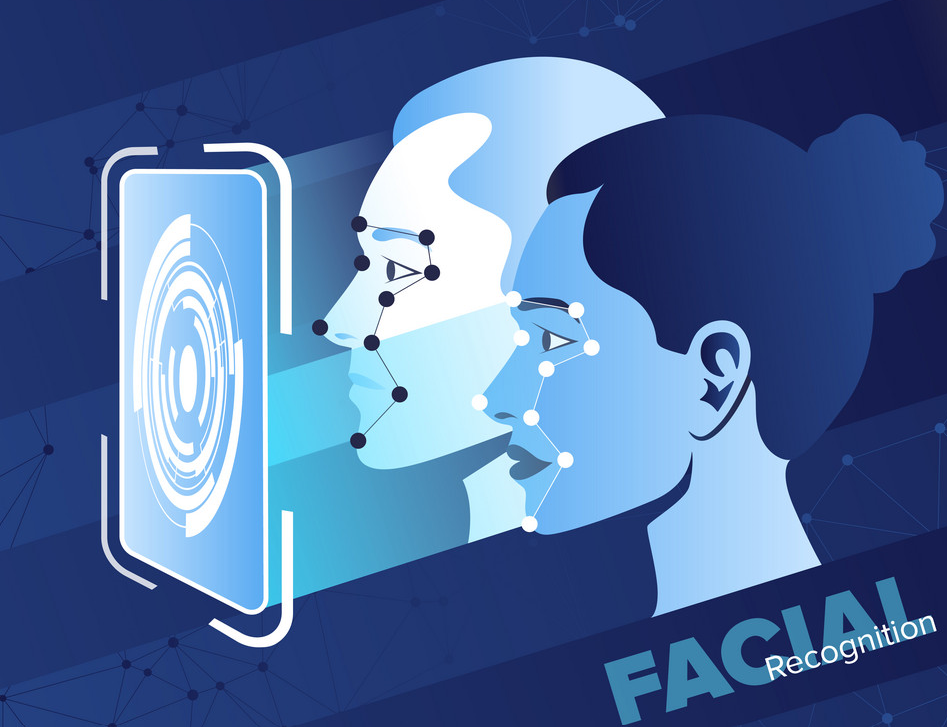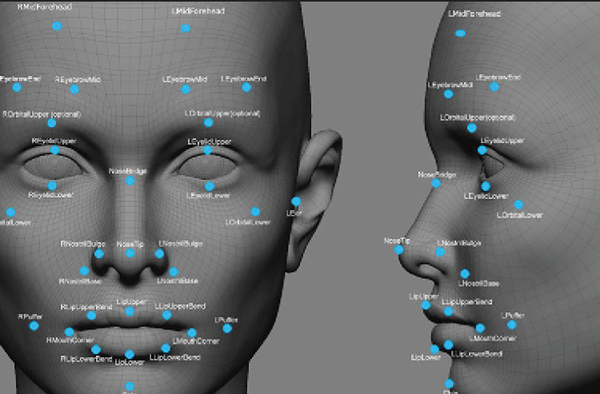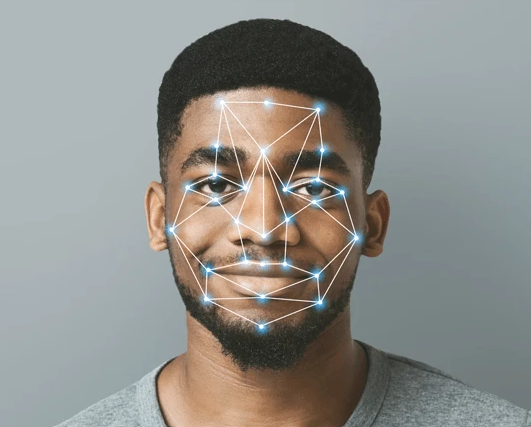

The Entertainment Software Rating Board (ESRB) and Federal Trade Commission (FTC) have jointly proposed a new facial recognition technology for games that would require parents to give their consent for children to be able to play certain titles.
Watch What’s Trending Now!
The internet is filled with content that may not be appropriate for fans of all ages. Parents have raised their concerns numerous times over the fact that there’s no restriction on such content that can influence younger audiences in adverse ways. Now, it looks like this concern has been taken up as several government bodies have proposed ways to restrict the access younger audiences have to inappropriate content.
ADVERTISEMENT
ESRB and FTC propose a facial recognition system over parental concerns
The gaming industry has changed significantly over the last few years. What started out as simplistic 8-bit platforms have become a complex array of codes that aim to replicate the real world around us. With this, the content of the games has also changed beyond imagination. Drugs, manslaughter, and other vices have become common in almost all major titles.

ADVERTISEMENT
The concern about children being exposed to such themes has also grown proportionately. To tackle these concerns, the ESRB has proposed a new facial verification mechanism with the aim to get parental consent under the Children’s Online Privacy Protection Act (COPPA). The proposal was raised by the FTC, which is responsible for consumer protection laws in the country. The FTC is also looking into feedback received from parents to determine the feasibility and implementation possibilities of such a policy.
ADVERTISEMENT
Read more: FTC Decides to Pause Its Case Against Microsoft and the Call of Duty Publisher
Top Stories
Bengals’ Cam Taylor-Britt Sentenced to Jail: Everything We Know About Charges Against Him

Serious Allegations Emerge Against Former NCAA D3 Athlete Matthew Molinaro After Milford Crime

Bill Cowher’s Strong Message to Steelers on Firing Mike Tomlin After HC’s Blunt Playoff Message

Bill Belichick & Patriots Abandoned RB Battling Cancer, Then Forced to Join Dolphins

Jerry Jones Issues Statement After Firing Matt Eberflus as Cowboys Look for a New DC

Kirk Cousins Receives Concerning $45M News on Trade Away From Falcons After Raheem Morris’ Firing

Details of the proposed mechanism
The ESRB regulates appropriate age restrictions for games in North America. Developed in collaboration with Yoti and SuperAwesome, the new mechanism will require online gaming services to receive parental consent to collect personal data from users below 13. Titled “Privacy-Protective Facial Age Estimation”, the proposal will use the facial recognition system to determine the age of the parents.
ADVERTISEMENT

ADVERTISEMENT
To give consent, the parents will have to be aged at least 25. In case a parent does not meet the threshold, then they will not be allowed to give consent on behalf of their children. FTC’s feedback analysis will focus on whether people think that the proposal will generate biased results for various demographics and if it creates a risk of a breach of personal information. If the proposal is accepted by the US judicial system, then every service in the US will have to incorporate parental consent.
What do you think about the COPPA and its implications? Tell us your views below!
Watch this story: Microsoft Stock Goes Up Following Court Win Over FTC
ADVERTISEMENT
ADVERTISEMENT
ADVERTISEMENT
ADVERTISEMENT

